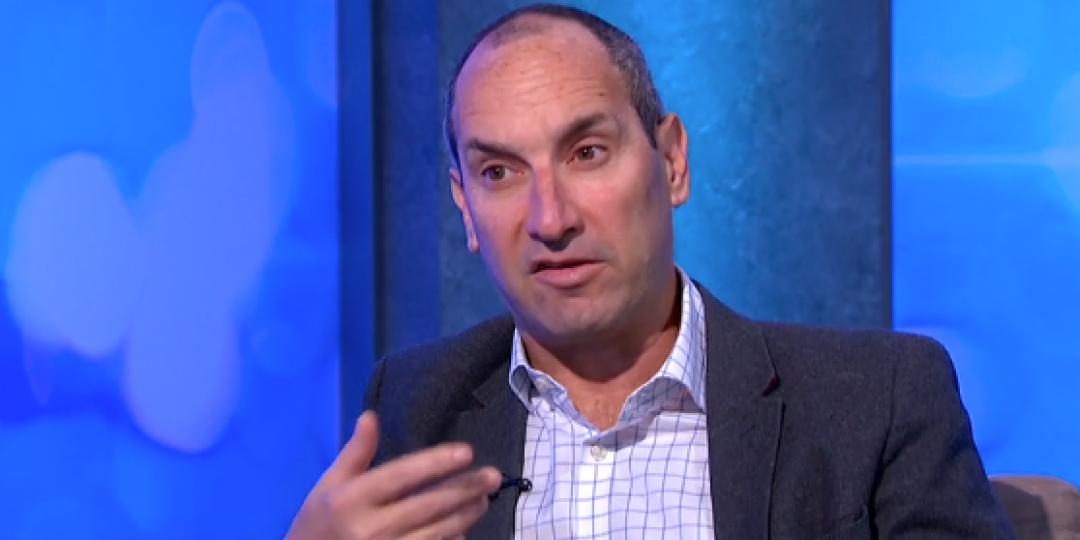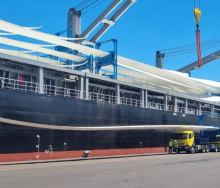More than ever before, the global supply chain industry is primed to attract the attention of younger-generation career seekers, DHL’s Saul Resnick has said.
The CEO of Supply Chain at the logistics multinational told ITN Business in the UK that if Covid showed us anything, it is that the industry is not always as predictable as you would like it to be.
“Change can come in many different directions. Post-Covid, we’ve had sailing issues coming from the east, markets coming up, coming down, wars and many different things. What is nice is that supply chain has become such a topic of discussion.”
Market lockdowns, the rise of automation, robotics, artificial intelligence and attention-grabbing events such as an ultra-large container vessel getting stuck in the Suez Canal, have all sparked interest in the supply chain industry.
Disruption in all its various guises, both good and bad, has placed the cargo sector on the cusp of things.
How to sustain this position will take some doing, which Resnick believes can be achieved through empowerment.
Considering that short-form content seems to be controlling the minds of tomorrow’s workforce, it’s important to demonstrate consistently that supply chain is an attractive career choice.
Resnick adds: “Historically, people saw the supply chain sector, specifically in what we do, warehouse distribution, as driving a truck or picking a box, and there’s so much more to it. We now have engineers working for us who design robotic solutions in collaboration with our employees, working on what the next level of innovation can look like in a fast-paced supply chain environment like ours.
“There are autonomous vehicles, but those don’t take people’s jobs. They add complexity and dimensions or make people’s jobs easier. We need to make sure that our people can work alongside them, collaborating with automated tools. What we are now seeing is that the industry has so much to offer beyond what is stereotypically the norm.”
Perhaps the generation brought up on a diet of technology is exactly what the supply chain space needs.
Said Resnick: “Our customers expect us to continuously innovate, and they expect cost to continuously decrease as a consistent percentage of revenue. So they’re looking to us to see what you can bring to the table to be different and make sure that we can sustainably demonstrate that we can drive cost down but also improve service at the levels we have historically.
“The automation and technology that we bring in are aligned to those objectives. It's about removing activities and functions that people historically would have done, which are quite labour-intensive and physically demanding, and automating everything in that space that can be automated.
“But at the same time, it’s not about decreasing jobs but about increasing jobs and reskilling individuals to do different activities, working alongside automation and new technologies such as AI and robotics. We’re all keen to embrace those technologies, not just here but globally.”
- ITN Business’s news-style programme, “Transforming Logistics”, is an initiative of the British International Freight Association.













